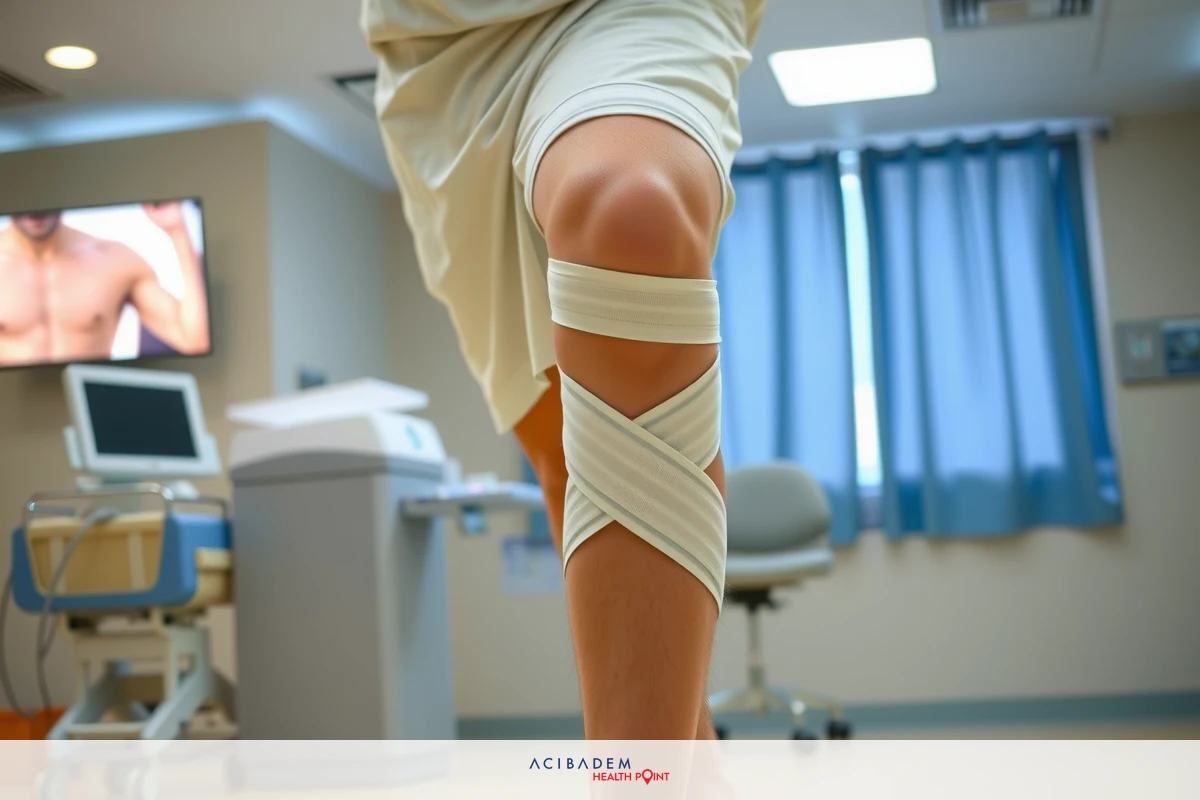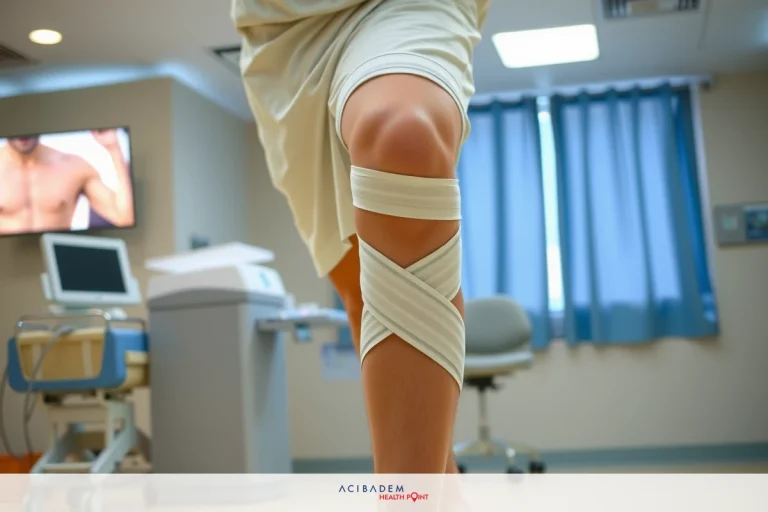What is a Revision Knee Replacement?
What is a Revision Knee Replacement? Knee revision surgery makes your knee work right again. It helps when the first surgery did not help enough or if the new joint wears out. Over time even good things like knee parts can break down. This means you might need to fix it with another operation.
Doctors do this kind of work often so they are very skilled at it. They take out old parts and put in new ones that fit better or are stronger. The goal is to let you move your knee more easily and with less hurt.
Getting ready for a second knee operation can feel big but many people have done it before you. With some care and time to heal most find their way back to doing things they love without the pain they had before.
Understanding Revision Knee Replacement
Revision knee replacement is when a doctor fixes or changes your first knee surgery. Sometimes the parts in your knee can wear out or not work well anymore. This kind of knee surgery helps you walk and move better again. It’s for people whose new knees have problems after some time.
In this orthopedic procedure surgeons take out the old joint parts carefully. Then they put in new ones that are made to last longer and fit you right. The aim is to give you back a strong working knee without pain from before.
Before getting revision knee replacement know what it involves. Your doctor will look at how your current artificial joint is doing and decide on the next steps with you. It’s smart to ask questions so you understand why this second surgery will help.
After revising a worn-out joint many patients find relief from their discomforts quickly than expected! With proper care and following doctor’s advice closely most enjoy daily activities once more without much trouble with their knees.
Benefits of Revision Knee Replacement
A revision knee replacement can give you a lot back. It’s great for easing pain that came back after the first surgery. This means you could walk, climb stairs, and do other daily stuff with less hurt. For many it’s like getting a part of their life back.
This knee surgery also helps make your joint strong again. A new joint can handle more activity and last longer too. With care from skilled doctors this procedure is often smooth sailing for patients. They get peace of mind knowing they’re in good hands.
Having this operation could mean fewer doctor visits down the line. When your knee works better you might not

need as much help anymore. This saves time and lets you enjoy more things without worrying about your knee.
Overall revision knee replacement is a solid choice if your first joint fix isn’t cutting it anymore. People who go through with it often see big improvements in how they live day to day! It opens doors to an active lifestyle once again – one where every step doesn’t come with pain.
Recovery and Rehabilitation
After your revision knee replacement recovery time is key. Your body needs to heal from the knee surgery so rest up at first. You’ll work with experts who help you get back on your feet safely. They’ll guide you through exercises that are just right for where you’re at in healing. Slowly but surely your new joint will start feeling like part of you.
Rehabilitation is a big piece of the puzzle after joint replacement. It’s not just about getting better; it’s about getting stronger too. In rehab they teach you moves to make muscles around your knee strong and healthy again. Each day brings progress as long as you stick to the plan they give you.
The goal is simple: get your knee doing what it should without pain holding you back! With each session in rehab bending and moving gets easier than before the operation! Before long those everyday tasks won’t seem so tough anymore – that’s when you know all the hard work was worth it!
Potential Risks and Complications
Like any surgery revision knee replacement has its risks. While rare infection is one issue that can happen. There’s also a small chance the new parts won’t fit just right or could break down over time. Your body might react to these new parts in ways we don’t want like swelling up.
Blood clots are another risk after knee surgery. These clots can be serious if they move to places like your lungs. That’s why doctors keep an eye out for signs of trouble early on. They want you safe from things that could go wrong.
Sometimes nerves around the knee get hurt during joint replacement too. This may change how your leg feels or moves a little bit at first. But know this: most people don’t have lasting problems with their nerves after surgery.
Your doctor will talk about chances of stiffness or pain staying even after the fix. It doesn’t happen often but it’s part of being open about what could go wrong so you’re not caught off guard.
In all cases knowing what might come up means you’re better prepared to handle it! It’s vital to follow your doctor’s advice before and after your orthopedic procedure to cut down on these risks as much as possible.
Frequently Asked Questions
Q: How long does it take to recover from a revision knee replacement?
A: Recovery times can vary but typically you might need several weeks to months before feeling back to normal.
Q: Will I be able to return to activities like sports after my surgery?
A: Many people do get back into their hobbies including low-impact sports. However talk with your doctor about what’s best for your situation.
Q: What makes me a candidate
Recovery times can vary but typically you might need several weeks to months before feeling back to normal.
Many people do get back into their hobbies including low-impact sports. However talk with your doctor about what's best for your situation.
How long does it take to recover from a revision knee replacement?
Will I be able to return to activities like sports after my surgery?
What makes me a candidate for revision knee replacement? A: If you have pain or problems with an earlier joint replacement this procedure could be right for you. Your orthopedic surgeon will evaluate and discuss options with you.
Please note these answers are for informational purposes only and do not constitute medical advice.








